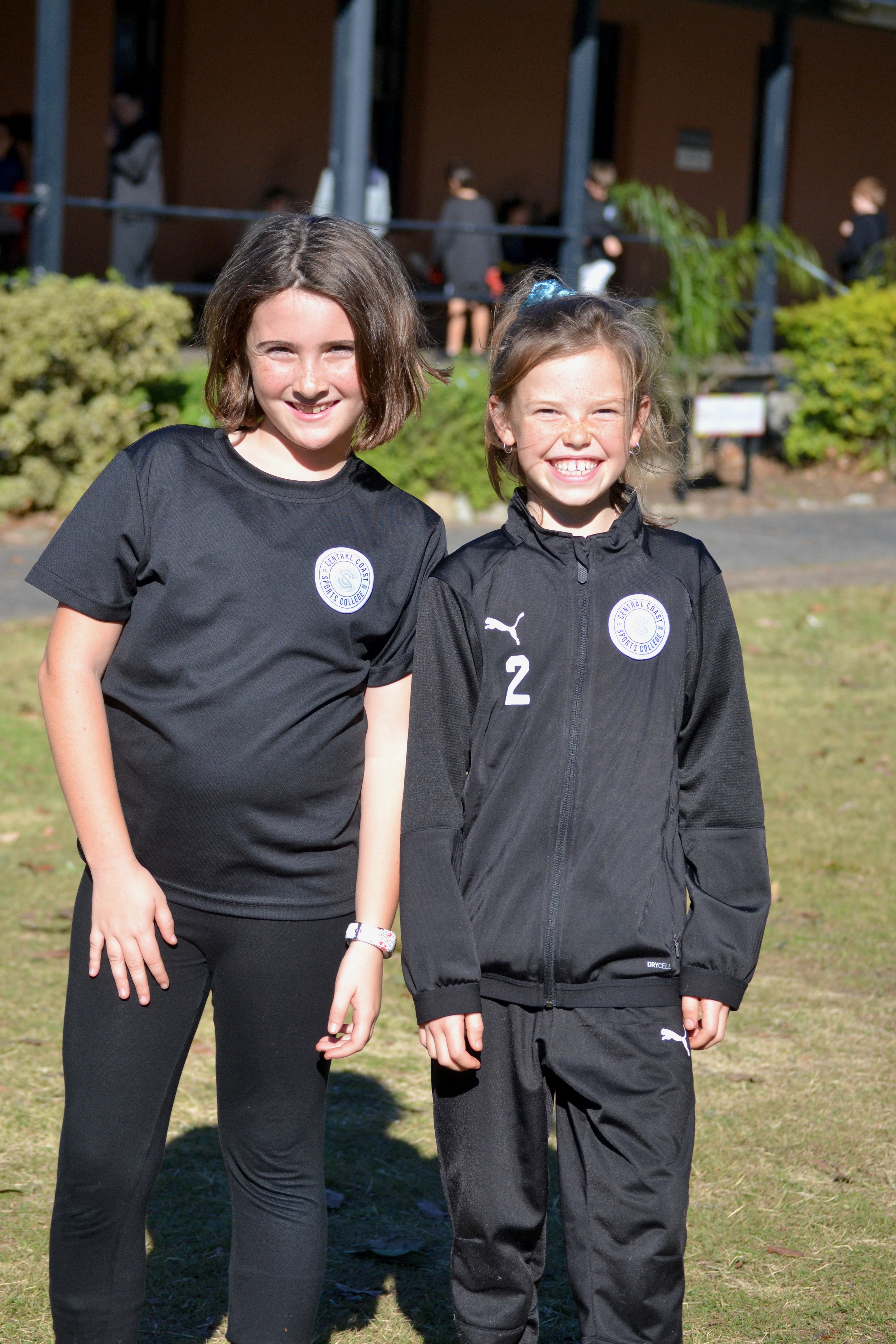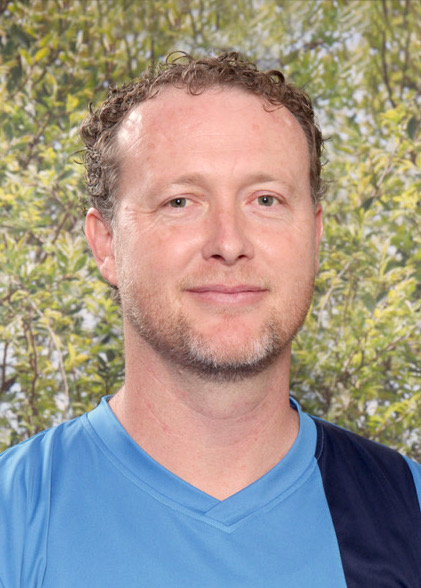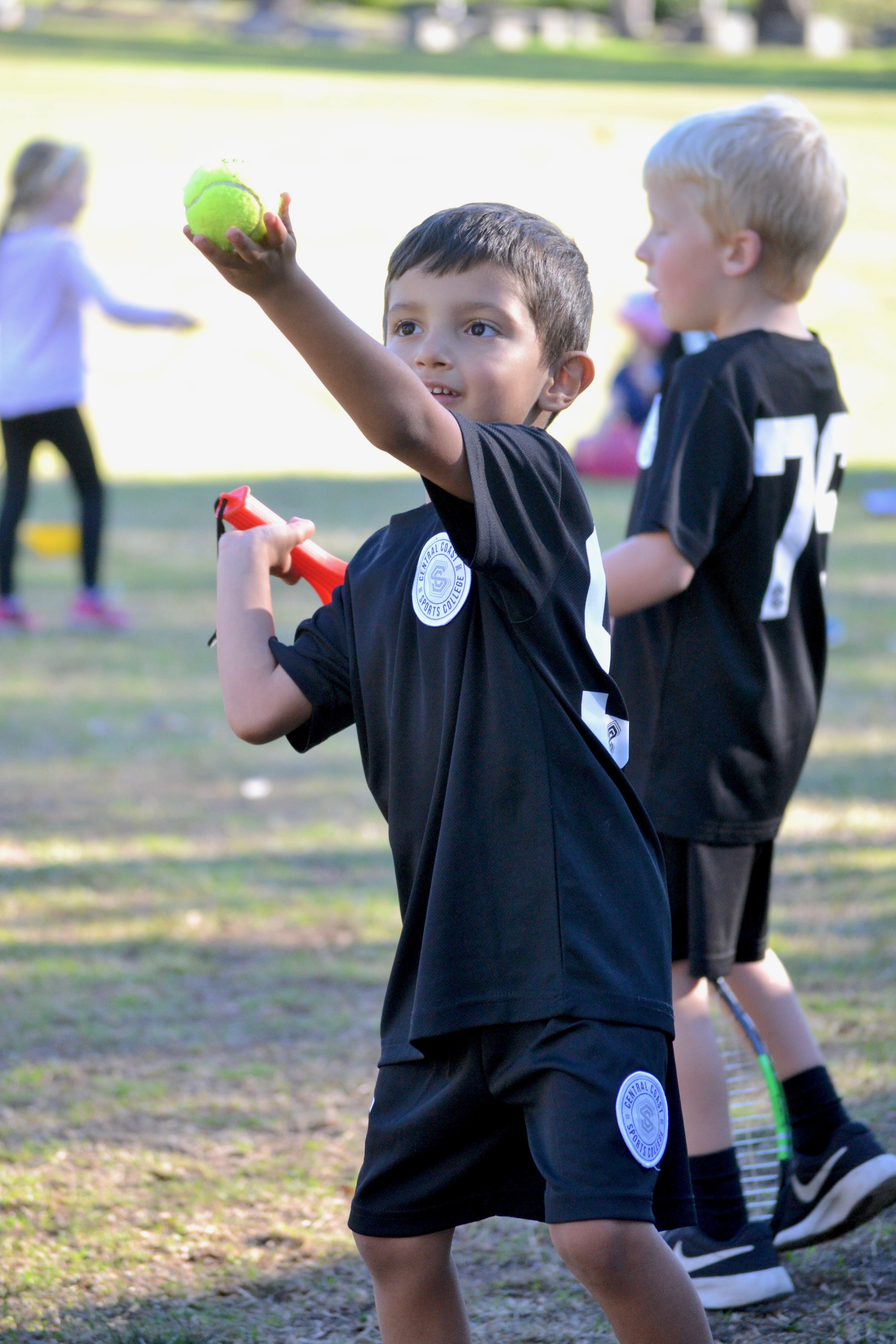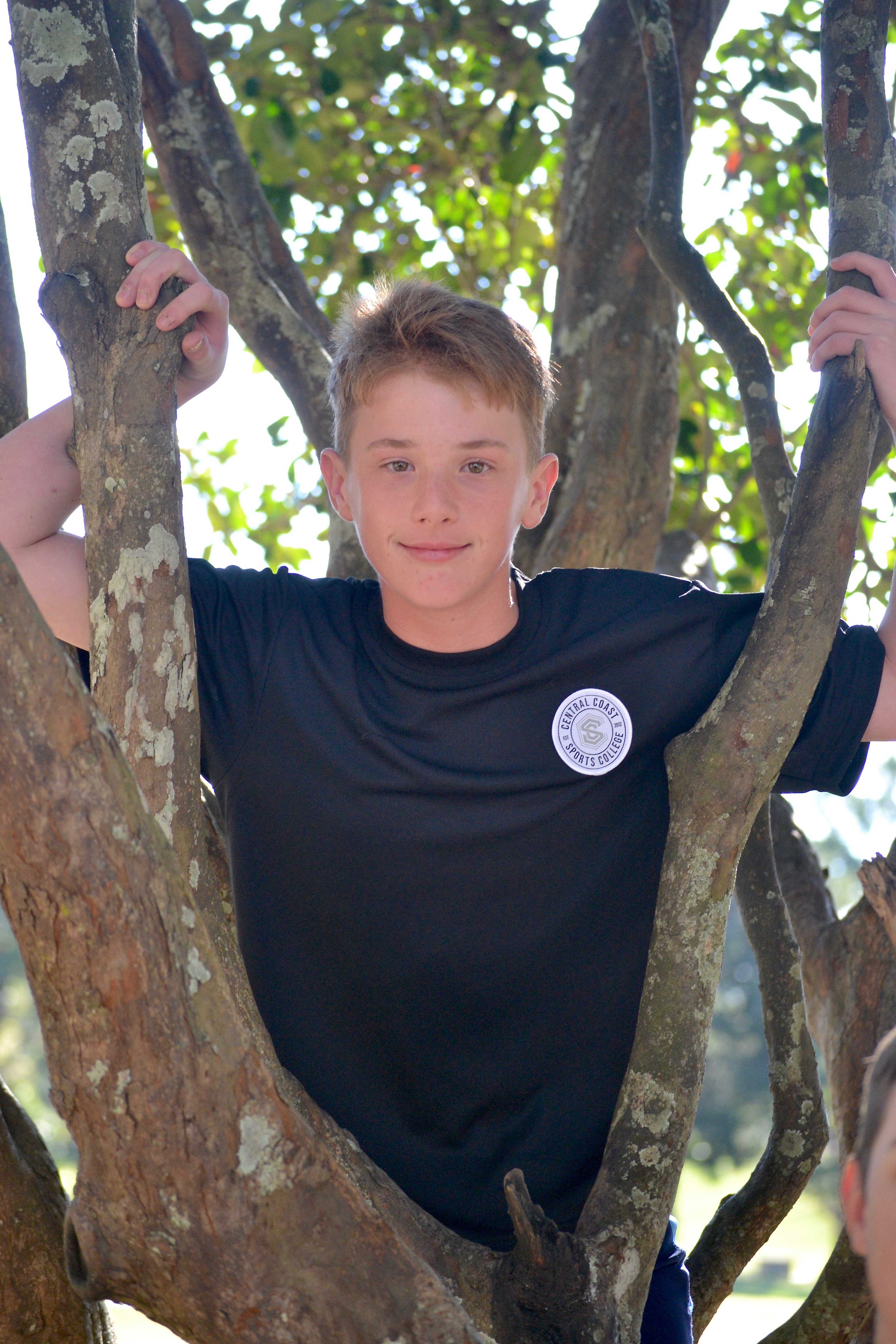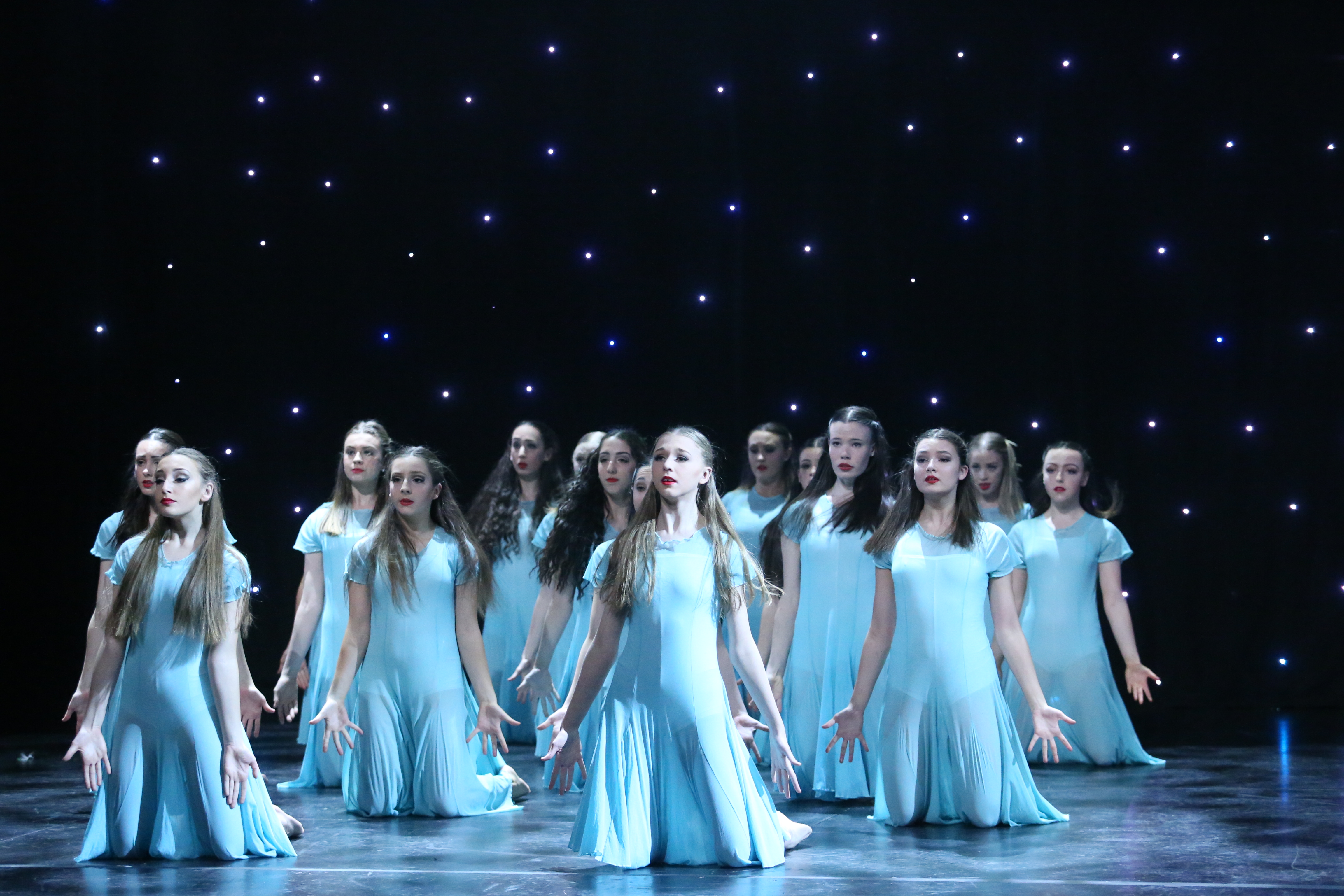Boarding school enrolments have rebounded sharply in recent years, reversing two decades of decline.
Australia now has almost 200 residential schools serving tens of thousands of students throughout the school term and on a weekly basis.
While boarding is a necessity for many families in regional and remote Australia, city-based students now represent one-third of boarders at NSW schools.
Experts point to several reasons for the surging interest in boarding. Cultural trends, from the well-loved Harry Potter series of books and films to a spate of popular television shows set in boarding schools, have recast these schools’ image from austere to awesome. Today, living at school, surrounded by friends, is, for many students, an appealing prospect.
Societal changes have made boarding schools increasingly attractive for parents too, as more often than not nowadays, they both work full time in demanding careers.
Between long hours and long commutes, parents are busier than ever and boarding schools are moving to meet the needs of modern families.
A growing number now offer flexible boarding to alleviate the burden on time-pressed parents. Options can include:
- Casual boarding — a temporary situation for just a few days or weeks — particularly helpful for parents whose work involves travel
- Extended day boarding — students participate in after-school sport and study, then have dinner together before returning home in the evening
- Weekday boarding — students live at school during the week with weekends at home
Flexible boarding has advantages for students too. It affords them more time and space to concentrate on their studies and extracurricular interests while still enjoying lots of family time.
Living at school, at least part of the time, can also help families avoid schedule clashes between siblings, making it easier to accommodate sporting commitments, rehearsals, intra-school debating and similarly time-intensive activities.
As academic commitments accrue in the senior years, weekday boarding can be an excellent way to support students’ academic success and maximise their opportunities, says Richard Stokes, executive director of the Australian Boarding Schools’ Association.
“One of the things that is contributing to more urban boarders is the fact that in our big cities – Melbourne and Sydney and, to a lesser extent, Brisbane – families are really struggling with travel. For a child actively involved in a school’s extracurricular program, parents might question why their child might spend an hour or more on public transport, travelling to and from school when, in fact, they could live at the school and use that time wisely.”
Convenience aside, boarding is beneficial in many other ways too. Daily life in residence is highly structured with a level of supervision that few parents have the time or energy to replicate.
Monitored study periods ensure that students complete their homework and boarders can easily access extra tutoring when needed, making them less likely to fall behind.
Technology use is tightly regulated. Rules vary, but generally, there are strict policies on internet access in terms of both time and content. Mobile phones are off-limits during study periods and most schools require devices to be handed in at bedtime.
For many parents, this aspect alone is worth the price of admission. Research shows children’s technology use is a source of conflict in two-thirds of Australian families and more than 80% of parents think digital devices are negatively impacting their children, mentally and physically.
Boarding can be an effective antidote to technology overload. A University of South Australia study, conducted at Adelaide’s Westminster School, found boarders sleep an average of 40 minutes more per night than their day student peers.
Speaking to the Australian, lead researcher Alex Reardon attributed the sleep differential to restricted technology use at night and the consistent routine of boarding house life.
“We know in the literature that kids who have set routines, who have good sleep hygiene, tend to sleep better and have better mental health outcomes,” he says. “Boarding is inherently really good at routine. It turns out boarders are sleeping really well, they’re sleeping longer than day students.”
But perhaps the greatest reason for boarding’s renewed popularity is that the schools themselves have changed to better reflect contemporary lifestyles.
Old-fashioned dormitory-style, cramped sleeping quarters have given way to larger rooms with fewer occupants and a greater emphasis on student privacy.
Enhanced pastoral care ensures that every student receives individual attention and support.
And, most significantly, for hungry, growing adolescents, the stereotype of meagre rations is completely outmoded. Today’s boarding schools prioritise healthy food, serving nutritious, tasty meals that cater to students’ dietary preferences and requirements.
The boarding experience has evolved dramatically in recent years and a new generation is eagerly reaping the benefits.
References:
Boarding Schools, Independent Schools Australia
https://isa.edu.au/our-sector/diversity/boarding-schools/
Boarding schools no longer need “Harry Potter effect” to inspire children, leading headmaster says — Camilla Turner, the Telegraph UK, April 29, 2017
https://www.telegraph.co.uk/education/2017/04/29/boarding-schools-no-longer-need-harry-potter-effect-inspire/
Why flexible boarding options are becoming more popular — Rosanne Barrett, the Australian, September 10, 2021
https://www.theaustralian.com.au/special-reports/why-flexible-boarding-options-are-becoming-more-popular/news-story/ee02146a03add38fb43e883c7647a776
Boarding schools appealing to the city as much as the country — Emily Parkinson, Australian Financial Review, May 16, 2016
https://www.afr.com/companies/boarding-schools-appealing-to-the-city-as-much-as-the-country-20160504-golmnt
Children more distracted by digital devices in the home, parents say — Ben Knight, UNSW News, April 28, 2021
https://www.unsw.edu.au/news/2021/04/children-more-distracted-by-digital-devices-in-the-home–parents
Boarding school students sleep more than day student peers. The positive effects of bedtime routine and restricting technology use at night — Alex Reardon, K Lushington, A Agostini, SLEEP Advances, November 2022
https://www.researchgate.net/publication/365248688_O025_Boarding_school_students_sleep_better_than_day-student_peers_The_positive_effects_of_bedtime_routine_and_restricting_technology_use_at_night
Boosting mental health in their sleep — Rosanne Barrett, the Australian, September 10, 2021
https://www.theaustralian.com.au/special-reports/boosting-mental-health-in-their-sleep/news-story/4e4ff85d1fac3d0313401315f1248cc0
